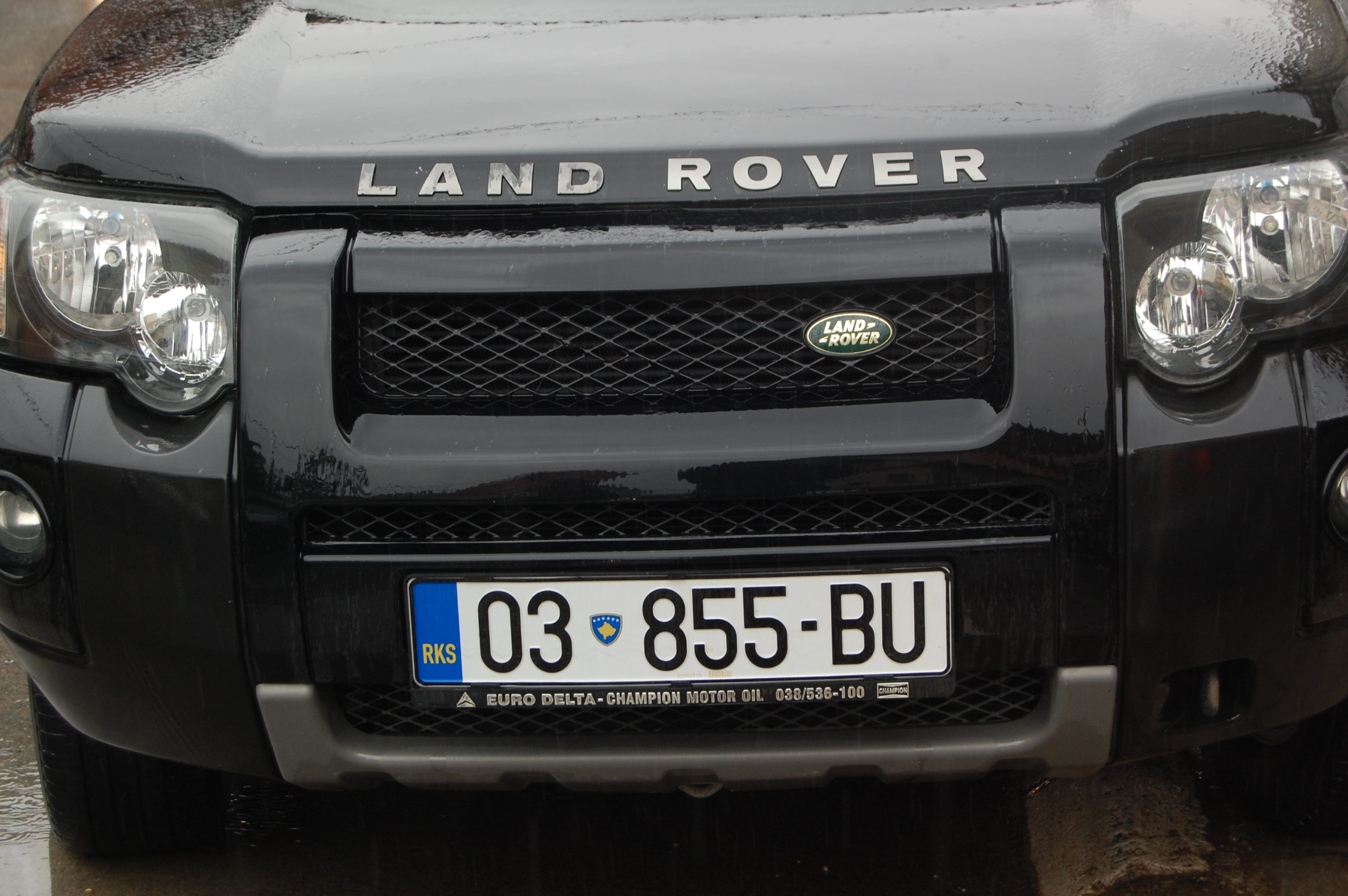Tensions Between Kosovo and Serbia Erupt Over License Plates
The unrest has reached a fever pitch at this time in part due to the Russia-Ukraine conflict
Tensions between Kosovo and Serbia – leading to fears of a violent conflict – have erupted over license plates. The neighboring countries have lived side-by-side since a deadly war fought more than two decades ago, and Kosovo declared its independence from Serbia in February 2008. But Serbia still refuses to recognize Kosovo as an independent country, and it still feels a sense of responsibility for the ethnic Serbs that live in Kosovo.
So, when a new law took effect at the beginning of the month that requires ethnic Serbs living in Kosovo to stop using their Serbian license plates and switch to plates issued by Kosovo within the next two months, it angered Serbians on both sides of the border. And it is not only license plates that need to be switched; the new law also requires all people with Serbian passports to obtain a special document in order to enter Kosovo, just as all Kosovan citizens must do if they want to enter Serbia.

A Kosovo vehicle license plate, Feb. 25, 2013. (Andy Mabbett/Creative Commons)
The day before the new law was set to take effect on August 1, ethnic Serbs protested its requirements by blocking roads in northern Kosovo; police allege that shots were fired at them during clashes with the protesters. This led to the closing of two border crossings, and accusations that Serbia was fomenting the protests in order to destabilize Kosovo.
The government of Kosovo said in a statement released on July 31, that it “forcefully condemns the obstruction of roads in the north of Kosovo and the firing of weapons by armed persons there today. This has everything to do with a tendency to destabilize Kosovo and to threaten the peace and security of our citizens and our country. Multiple aggressive acts were perpetuated this afternoon and evening, instigated and planned by Belgrade authorities.”
The start date of the new law has now been delayed by 30 days amid calls by Kosovo and the European Union to remove the roadblocks.
Meanwhile, NATO, which maintains a peacekeeping force of about 3,700 in Kosovo, said in a statement that it is “ready to intervene if stability is jeopardized.” NATO got involved in Kosovo after it brokered a peace treaty between Kosovo and Serbia following their deadly 1998-1999 war. Tensions between them remained high after the breakup of Yugoslavia.
This holiday season, give to:
Truth and understanding
The Media Line's intrepid correspondents are in Israel, Gaza, Lebanon, Syria and Pakistan providing first-person reporting.
They all said they cover it.
We see it.
We report with just one agenda: the truth.


Ethnic Serbs make up about 5% of Kosovo’s population of 1.8 million people, with nearly half of them living near the Kosovo-Serbian border. But many of the ethnic Serbians living in Kosovo as well as Serbia itself keep holding out hope that one day Serbia will reabsorb its errant province. And it might just be by force.
“We will pray for peace and seek peace, but there will be no surrender and Serbia will win,” Serbian President Aleksandar Vučić of Serbia told reporters on Sunday.
Vučić has vowed Serbia would never recognize Kosovo as an independent country.
Some 99 of 193 United Nations countries recognize Kosovo’s independence, including the United States and most of the countries of the European Union. Serbia has been an EU candidate country since 2012.
The tensions have reached a fever pitch at this time in part due to the Russia-Ukraine conflict. Serbia has maintained a close relationship with Russia, which along with China has so far refused to recognize Kosovo’s independence. Meanwhile, some high-profile Serbs have adopted the same rhetoric used by Russia in its war on Ukraine.
For example, a Serbian member of Kosovo’s parliament, Vladimir Djukanovic, said in a tweet, “Seems to me that Serbia will be forced to begin the denazification of the Balkans,” which is a direct reference to Russia’s invasion of Ukraine.
Све ми се чини да ће Србија бити принуђена да крене у денацификацију Балкана. Волео бих да грешим.
— Владимир Ђукановић 🇷🇸 (@adv_djukanovic) July 31, 2022
The ethnic Albanians that make up most of the population of Kosovo are mostly Muslim, while the ethnic Serbs are Orthodox Christian.

